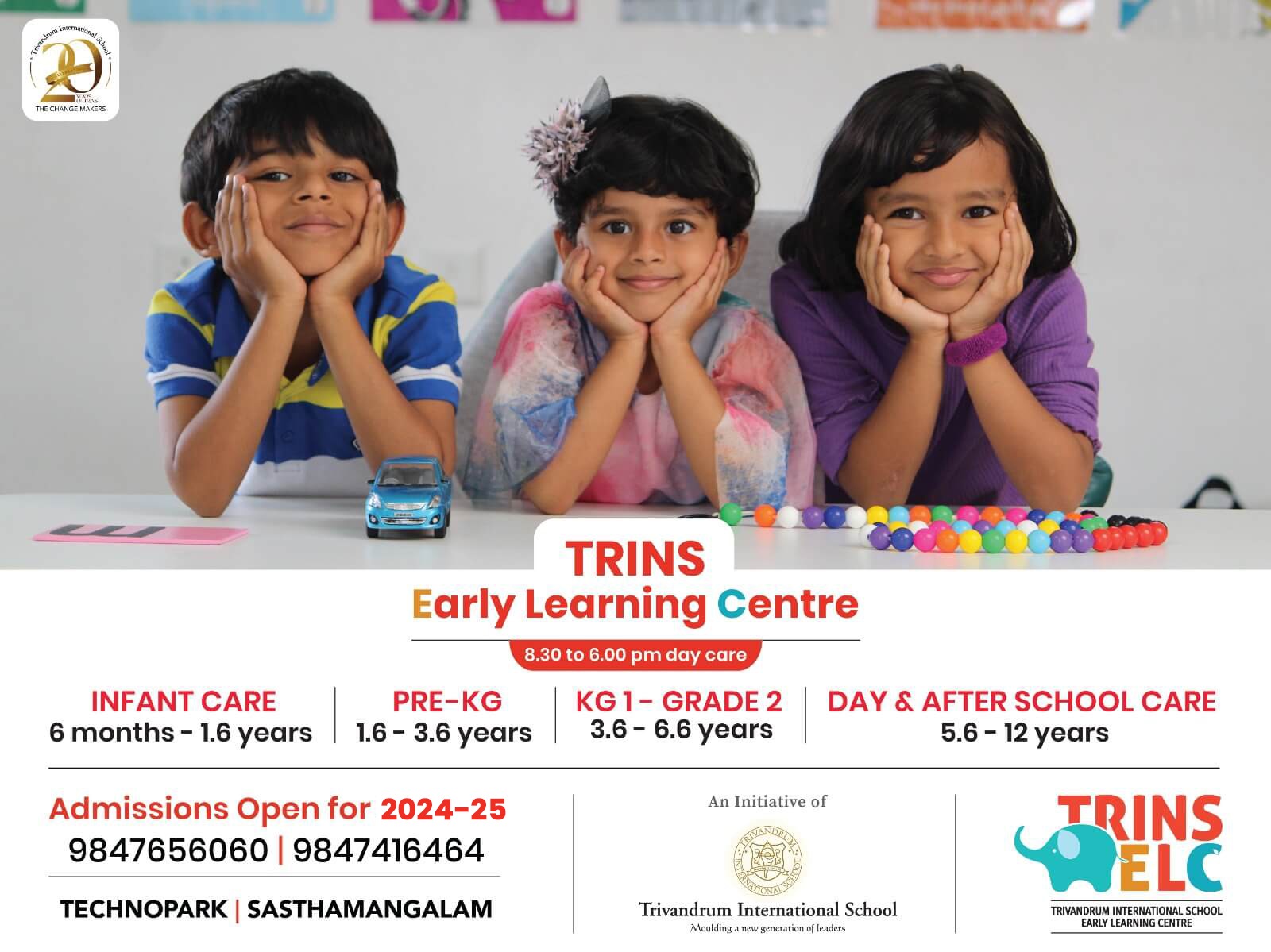


Fine Motor Skills for Preschoolers: Building the Foundation for Lifelong Learning

Fine motor skills are a critical component of early childhood development, playing a pivotal role in a child's ability to perform everyday tasks such as writing, buttoning clothes, and using utensils. These skills involve the coordination of small muscles, particularly in the hands and fingers, with the eyes, and are essential for a child’s independence and success in school. Understanding and nurturing fine motor skills during the preschool years can set the stage for a lifetime of learning and self-sufficiency.
What Are Fine Motor Skills?
Fine motor skills refer to the precise movements of the hands and fingers that enable children to complete tasks that require dexterity. These skills are not just about physical ability; they also involve cognitive processes such as planning and problem-solving. For instance, when a child learns to tie their shoelaces, they are not only using their fingers to manipulate the laces but also their brain to sequence the steps and execute them in the correct order.
The Importance of Fine Motor Skills in Preschool
In the preschool years, developing fine motor skills is crucial as it directly impacts a child's ability to engage in academic and self-care activities. Tasks such as holding a pencil, cutting with scissors, and zipping a jacket are all fine motor activities that preschoolers need to master. These skills are foundational for later academic success, particularly in writing and mathematics, where precision and coordination are key.
Moreover, fine motor skills contribute to a child's overall cognitive development. Activities that involve fine motor skills often require concentration, patience, and problem-solving, helping to enhance a child's focus and persistence. Additionally, these skills are essential for social development, as children who can independently complete tasks are more confident and willing to participate in group activities.
Key Fine Motor Activities for Preschoolers
Preschool is an ideal time to introduce activities that promote the development of fine motor skills. While the activities can vary widely, they typically involve tasks that require the use of small muscles in a coordinated way. Below are some common activities that are effective in developing fine motor skills in preschoolers:
1. Drawing and Colouring:
Encouraging children to draw or colour not only sparks creativity but also strengthens the muscles in their hands and fingers. Holding crayons or pencils helps develop the grip needed for writing, while the act of drawing enhances hand-eye coordination.
2. Cutting with Scissors:
Using child-safe scissors to cut paper is an excellent way for children to practice fine motor control. This activity requires them to coordinate both hands—one hand holding the scissors and the other guiding the paper—which is a complex skill that strengthens hand muscles and improves coordination.
3. Threading Beads or Lacing:
Threading beads onto a string or lacing cards are activities that require precision and control. These tasks help children develop hand-eye coordination and fine motor skills by requiring them to manipulate small objects with care and accuracy.
4. Puzzles:
Solving puzzles is another effective way to develop fine motor skills. Picking up and placing puzzle pieces helps children practice grasping, turning, and manipulating objects. Moreover, puzzles enhance problem-solving skills and spatial awareness.
Integrating Fine Motor Skills into Daily Routine
Integrating fine motor skill activities into a preschooler's daily routine can be simple and effective. Everyday tasks such as dressing, eating, and even playing with toys can be opportunities for fine motor development. For instance, encouraging a child to button their shirt or fasten their shoes helps them practice these essential skills in a real-world context. Similarly, playtime activities like building with blocks or playing with dough offer fun ways to strengthen hand muscles and improve dexterity.
Supporting Fine Motor Development: Role of Educators and Parents
Both educators and parents play a critical role in supporting the development of fine motor skills. By providing children with a variety of activities that challenge and engage their fine motor abilities, they can help ensure that children are developing these skills at an appropriate pace. It's important to offer activities that are both age-appropriate and enjoyable, as children are more likely to engage in tasks that they find fun and rewarding.
Educators can incorporate fine motor skill activities into the classroom through structured play and guided tasks, while parents can encourage skill development at home through daily routines and play. Collaboration between educators and parents is key to providing a consistent and supportive environment for fine motor development.
Fine motor skills are a foundational aspect of early childhood development, influencing a child's ability to perform essential tasks and succeed academically. By nurturing these skills during the preschool years, educators and parents can help children build the strength, coordination, and confidence they need for lifelong learning and independence.





